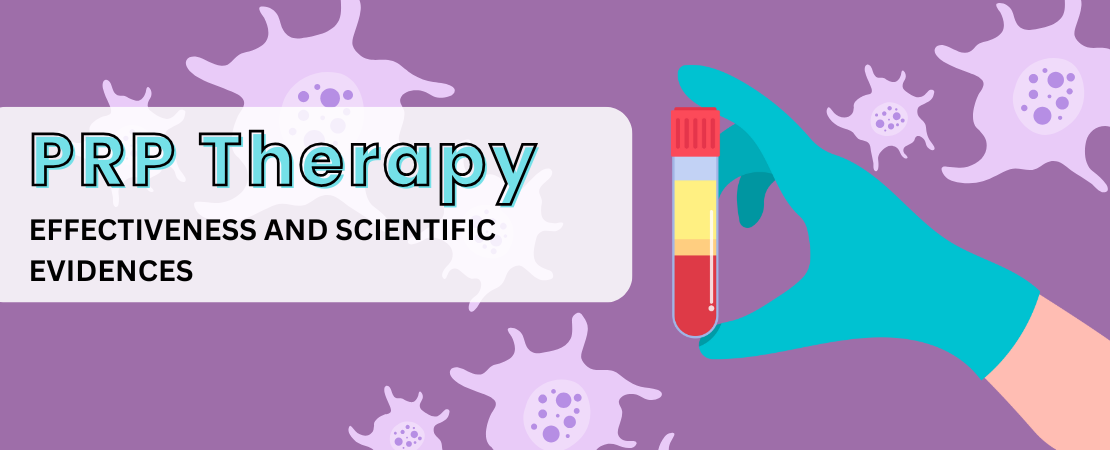
Are you trying to conceive or planning to have a baby? In that case, the foremost thing to focus on is your preconception health and health care to increase the chances of having a healthy baby.
Couples having regular, unprotected intercourse have an approximate chance of 20% to 25% of becoming pregnant every month. It takes more than six months on an average for most couples to conceive!
Preconception health care can have a significant impact on you and your baby’s health. The first question that arises to a couple planning for conception is “What preconception care do we have to do for us to get pregnant?”
As a couple, you need to see a doctor in this specialty before pregnancy for a health assessment. The assessment may involve doing some tests.
The important steps for you to focus on for the healthiest pregnancy possible are:
- Body weight
- Diet
- Exercise routine
- Home and workspaces
- Lifestyle
Body weight
It’s important not to gain too much weight or lose either when you are planning to conceive and have a healthy diet and doing moderate exercise. The goal is to achieve an ideal weight before you conceive.
Overweight women may have problems getting pregnant. Also, the fertility treatment is less likely to work for them. Obesity (having a BMI over 30) or overweight (having a BMI over 25) raises certain risks of some pregnancy problems, like:
- Irregular or no ovulation
- High blood pressure
- Miscarriage
- Gestational diabetes
- Deep vein thrombosis
Even, underweight women might find it extremely difficult to get pregnant since sometimes this can cause them having:
- Irregular or no ovulation
- Higher risk of delivering a low birth-weight baby
Diet
Pre-conception nutrition is a vital part of preparing your body and mind for the pregnancy journey. EVERY COUPLE INTENDING TO BECOME PARENTS are advised TO be at their dietary best and take the most needed nutrients. Most importantly, you don’t have to wait until you are pregnant to start eating well.
Follow a healthy diet before you conceive to:
- Help boost your fertility
- Lower the risk of birth defects
- Reduce your chances of developing preeclampsia during pregnancy
Key nutrients to eat when you’re trying to conceive
Folic acid/folate | B vitamin (B9)
- Leafy green vegetables
- Fortified cereals
- Oranges and strawberries
- Beans and nuts
Calcium
- Milk
- Yogurt
- Cheese
- Mustard leave, fenugreek and broccoli
Iron
- Fortified breakfast cereals
- Lean meats like beef, chicken and turkey
- Spinach
Omega-3 fatty acids
- Seafood like salmon, tuna, sardines etc.
- Nuts and seeds
- Plant oils like flaxseed oil, soybean oil, and canola oil
Fibre
- Whole grains, oats and quinoa
- High-fiber cereals
- Fruit and vegetables
- Beans and legumes like black beans, kidney beans and chickpeas
Protein
- Fish
- Lean meats like chicken or turkey
- Black beans
Also, keep these points in mind
- Limit your sugar intake
- Practice good (food) hygiene
- Avoid contaminants
- Don’t skip meals
- Cut back on caffeine
- Limit alcohol
- Don’t smoke
Exercise routine
Make any necessary changes to your existing physical activity, or take advice from your doctor to include in your daily routine that is both safe and beneficial in preparing you for labor and delivery.
Home and workspaces
Get rid of any hazards from your home and workplace that could hurt you or your future kid, such as lead paint, asbestos, or toxic chemicals.
Lifestyle
There are a few changes you incorporate in your lifestyle to increase your health outlook as soon as you start trying to conceive:
- Quitting smoking
- Limit alcohol consumption
Also, before you start attempting to conceive, it’s also a good idea to get a semen analysis done. Knowing that the sperm is healthy and in good shape to pass through the cervix provides you peace of mind. In case there is an issue, you can arrange to take up a medical treatment to solve it before attempting to conceive.
For women taking combination birth control pills (for both conventional and extended cycle) the period is expected to return within 30 days after stopping the pill. There is no need for a pill-free break before trying to conceive. However, it is suggested that you consult your doctor if your period hasn’t started for about three to four months on an average after stopping the pill.
Factors of Parenthood to Consider Before Going Ahead
Once you are done with the assessment factors we have discussed so far, you need to consider the following aspects of parenthood before going ahead.
- Are you physically fit for the pregnancy journey?
- Are you emotionally delighted to be a parent?
- Are you financially ready for the expenses related to the events before, during and after pregnancy?
- Does your home offer a suitable infrastructure and environment for the baby?
Are you physically fit for the pregnancy journey?
Prenatal health is one of the earliest interventions that effect your baby’s heart and brain. Before embarking on the journey of parenthood, make sure you get a preconception checkup done. At this checkup, your consulting doctor can make sure that you are healthy and ready to get pregnant.
Apart from taking regular prenatal care from a qualified practitioner, you should focus on:
- Taking prenatal vitamins
- Avoiding harmful substances
- Exercise to boost your chances of the baby’s healthy birth
Are you emotionally delighted to be a parent?
It is essential to be emotionally prepared to be a parent in order to raise healthy and well-adjusted children. Be sure that you have the healthy self-esteem and self-confidence become parents. Also, the journey of pregnancy can be overwhelming with a feeling of anxiousness, grief from past pregnancy loss (if any), hormonal fluctuations in the body and overall emotional trauma expected at the time of child delivery. The psychological preparedness is very important to face these challenges ahead in the pregnancy.
Are you financially ready for the expenses related to the events before, during and after pregnancy?
Even before the child is born, financial preparation for the child begins. The majority of couples begin financial planning even before they conceive at this point. Especially, when the mother works and the husband and wife share the household expenditures evenly. When an expectant mother goes on maternity leave, many parents seek to save money so that they may appropriately handle the expenses. At the same time, money is needed to pay for prenatal tests, medications, and hospital fees after the mother has given birth.
Parents should also budget for additional expenses that may be necessary if a caesarean section is performed or if any other issues emerge during the pregnancy. When parents are unable to conceive naturally, they may need to seek financial assistance because therapies such as IVF can be rather costly.
Does your home offer a suitable infrastructure and environment for the baby?
While planning for a pregnancy, you have to make sure that your home has the right infrastructure and environment for the upcoming child to grow. An enriching and healthy home environment promotes healthy growth and brain development in a child. You have to make sure that your home offers economic and emotional resources to your child. Ascertain that the upcoming child gets the required love, emotional support and opportunities for learning.


